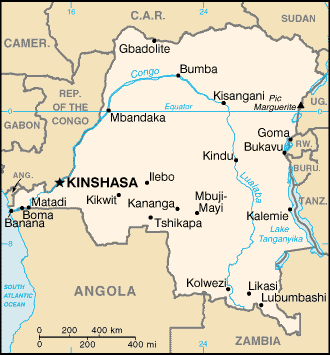International Health and Obstetric Fistulas
Here is a little bit about why I got into international health. First, I was attracted to the 'international' aspect. Fairly self explanatory. Second, I was still young enough to be in 'Save the World' mode, which is where the 'health' figured in. So, in this frame of mind, I went off to school.
The first class I took was called Obstetric Problems in Developing Countries. Why not jump straight in, right? My choice of career was affirmed during this jam-packed one-week class. I learned about lots of problems, most of which were preventable or treatable, and many of which had far-reaching socioeconomic implications.
One in particular was obstetric fistula, which, in my class, was contextualized to the Hausa of northern Nigeria as well as Ethiopia.
Obstetric fistula is a hole in the birth canal where tissue has died due to pressure on the tissue that restricts the blood flow and causes tissue necrosis. When the tissue dies, it breaks down and leaves a hole, between the birth canal and the bladder and/or rectum. What this means is that these women have no control over their bodily functions, and urine and/or feces leaks slowly but consistently out their vagina.
The pressure that causes a fistula in this case is from the head of a child that cannot progress through the birth canal. It usually happens to girls who are not fully physically developed and is exacerbated in women who cannot reach medical facilities during labor. In the case of the Hausa, they practice Sharia law, which forbids women from leaving the family compound, even during labor. The women tend to be married very young, and a fistula often results from a first pregnancy. In most cases, the infant dies.
So, the result is a very young woman with no marketable skills who may not be able to have another child, and thus is childless. She is leaking and so in addition to being useless as a vessel for children, she is also undesirable to her husband. Because of the lack of marketable skills, the woman's family will be reluctant to take her back. She is often divorced and cast out, leaving her homeless, a social outcast, and unable to provide for herself.
A fairly simple operation can close the fistula.
We watched a BBC-produced movie about an obstetric hospital run as a charity for decades in Addis Ababa, started by two Australian OB/GYNs who were a couple. They have trained some of the women they treated to perform the minor surgery as well. Since there are few places like it, women come from all over and often, even after the operation, cannot return to their families.
The story from this film that most spoke to me was of a woman who showed up at the hospital with a letter of introduction in hand. I don't recall who wrote the letter, but the doctors marveled that it was dated six years prior and asked the woman why she didn't come sooner. She said that it had taken all that time to save up the bus fare.
All this said, I was VERY excited to see the article below, which introduces a new film by a woman who has worked in international health and produced the documentary in Niger called "Love, Labor, Loss," link below.
The article:
Filmmaker Sharpens U.S. Focus on Fistula
The film:
The Film: Love, Labor, Loss
EDIT: Also very excited that there will be a screening in my town.


0 Comments:
Post a Comment
<< Home